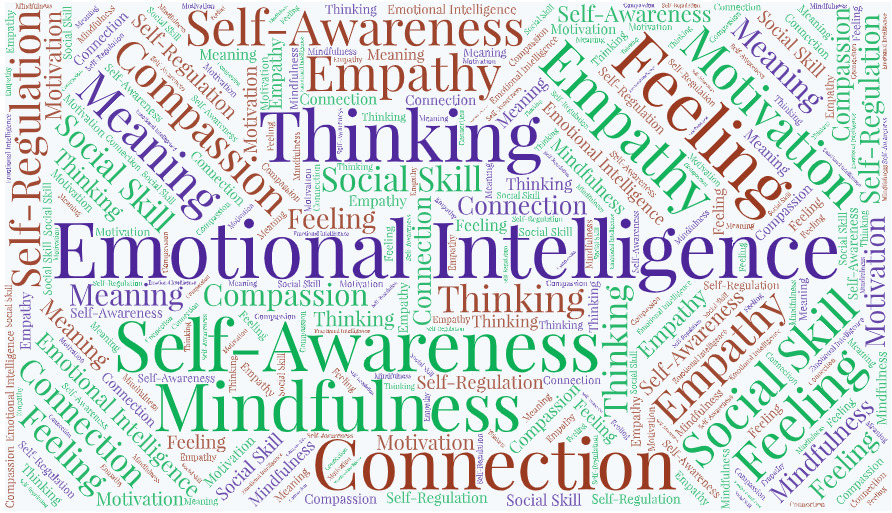
Heaven & Hell: A Zen Parable
Long ago in Japan, a samurai—a warrior of those ancient times—went to visit a monk named Hakuin. The samurai was elaborately dressed in armor, and by his side swung a gleaming, sharp sword. He was a big, proud fellow, used to getting whatever he wanted.
“Hakuin,” the samurai bellowed at the temple door, “I want to have a word with you right now!”
Unruffled, the monk ended his meditation with a slow bow. He rose from his meditation bench and took some time to stretch his legs before turning toward his visitor. The large figure of the impatient samurai blocked the temple entrance.
“Well, monk,” grunted the samurai, “If you know so much and are so wise, tell me all you know about heaven and hell!”
Hakuin inspected the fierce-looking samurai closely. Finally, he replied, “You disrupted my meditation to ask something every fool knows? What kind of second-rate soldier are you? You look like a tramp in that outfit! Did you steal that sword from a child? It wouldn’t slice a cucumber! Leave this temple and never bother me again!”
If you can picture the reddest plum you’ve ever seen in your life, you can picture the color of the insulted samurai’s face. He was furious! No one ever dared to speak to a samurai rudely—they would surely lose their life before they had time to apologize! In a flash the samurai unsheathed his sword and raised it high over Hakuin’s head. “You will die for those words little monk!” he roared.
Hakuin looked directly at the warrior. “This is what hell feels like,” said the monk calmly. The samurai froze, his sword poised in mid-air. In an instant he understood that his anger did feel like fire—the fires of a terrible place! The samurai slowly lowered his sword to his side and resheathed it. By the time his gaze met the monk’s, his anger had vanished as quickly as it had appeared. He felt as if cool water had extinguished the fire: he was grateful and calm.
“And this is what heaven feels like,” said Hakuin, looking at the samurai’s peaceful face.
Source: http://www.uua.org/re/tapestry/children/grace/session3/115178.shtml
This story from a UUA Tapestry of Faith curriculum points to the wisdom of self-awareness and self-control which are central to the notion of Emotional Intelligence, this month’s Touchstones Ministry Theme. For me, emotional intelligence speaks more about a spiritual discipline then it does a state of being, which once we arrive at, we feel we’ve conquered. It is the discipline of pausing when we are aroused to emotional extremes and in that moment, to paraphrase Rolo May, to decide where to put our energy. It is the discipline of learning to breath when holding our breath or hyper-ventilating seem to naturally come upon us. It is the also the basis for an opportunity to reframe a situation, to become curious more than reactive, to lean into an experience instead of running away or putting up emotional walls (of which there are many – think of anger, deflection, humor, etc.).
In this day and age when emotions seem to run thin for a host of reasons related to the current state of our existence between the pandemic and the election cycle as well as the ongoing challenges of systemic racism, political posturing, state-sponsored violence and vigilantism, it is well for us to remember the power we do have over our own responses to these issues and to rely on our capacity to discern how it is that we use our power to contribute to a state of heaven or hell (remember the story above). To do this we might take to heart what Arlie Hochschild entreats us to remember – our capacity for emotion management.
Respecting the Deep Story by Arlie Hochschild
…If you want to …build a public conversation about …big issues…, you have to really be good at emotion management.
…The idea of emotion being basic and foundational to social and political life is not new. Max Weber talked of it and Emile Durkheim…. But …we didn’t have a language, a way of conceptualizing it that was useful.
…When you’re emotional, you are seeing the world in a particular way, and you have thoughts about the way you see it; you are thinking. …These two are intertwined in ways we have not carefully understood. …The “deep story” …is a way of thinking about emotion. …A deep story is what you feel …that’s very important to you. You take facts [and] …moral precepts out of the deep story. …The metaphor for the right-wing deep story …is that you’re waiting in line for the American dream that you feel you very much deserve. …But then you see …somebody cutting ahead of you. Why are they getting special treatment?
…Then …Barack Obama …seems to be waving to the line cutters. In fact, “Is he a line cutter?” …And then [those on the right] felt like strangers in their own land.
…There are facts. …But the deep story—and again, we all have a deep story—…repels certain facts that don’t fit it, and it invites other facts that do.
…I think we have to reach out looking for potential common ground.
…You can be exactly who you are and take your alarm system off, climb an empathy wall, and get to know people on the other side of it.
…I use the word “empathy.” …We …carry around empathy maps of who we should and shouldn’t feel empathic with. And we need to enlarge those maps and shift them… to see if “OK, let’s see if we can heal this divide.”
Source: https://onbeing.org/programs/arlie-hochschild-the-deep-stories-of-our-time-oct2018/
Blessings,
Aaron
